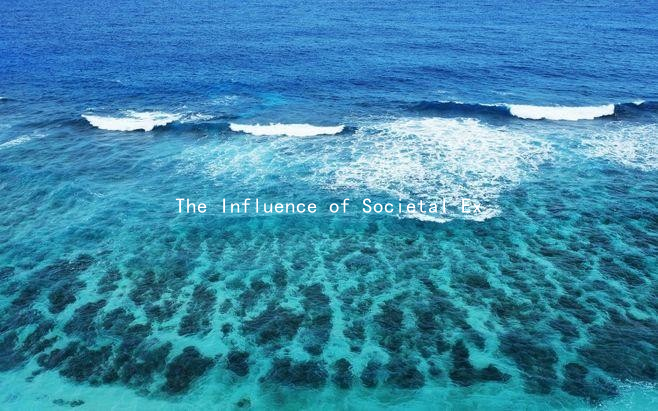Effective Communication in Relationships: Insights from Tu Lei
Effective Communication in Relationships: Insights from Tu Lei
The foundation of any successful relationship lies in effective communication. As relationships evolve, understanding and mastering the art of conversation can significantly enhance the bond between partners. Insights from Tu Lei, a relationship coach and communication expert, shed light on essential techniques and phrases that can improve communication in romantic partnerships.
1. Active Listening: The Heart of Communication
Active listening is crucial in any dialogue. It involves fully concentrating on what your partner is saying rather than merely waiting for your turn to speak. Tu Lei emphasizes the importance of creating a safe space for your partner to express their thoughts and feelings without interruptions. This includes maintaining eye contact, nodding in acknowledgment, and occasionally paraphrasing what they’ve said to ensure understanding.
For instance, if your partner shares a concern about work stress, you might respond with, It sounds like you’re feeling overwhelmed with your tasks at work. I’m here for you. This not only validates their feelings but also shows that you are engaged in the conversation.
2. Use I Statements to Express Feelings
When discussing sensitive topics, framing your thoughts in I statements can prevent your partner from feeling attacked. Instead of saying, “You never listen to me,” try, “I feel unheard when I’m sharing my thoughts.” This subtle change shifts the focus from blaming your partner to expressing your own feelings, making it easier for them to understand and respond without feeling defensive.
Tu Lei suggests practicing this technique in everyday conversations. It encourages emotional openness and fosters a mutual understanding that can dissolve misunderstandings.
3. Timing is Key
Choosing the right moment for important conversations can impact their effectiveness. Tu Lei recommends avoiding discussions when either partner is tired, stressed, or distracted. Instead, create a conducive environment by suggesting a quiet dinner or a peaceful walk to talk about significant issues. Timing can make a colossal difference in how your message is received.
For example, if there’s a recurring issue that needs addressing, consider saying, “I’d love to talk about something important when you’re feeling relaxed. Can we set aside some time this weekend?” This approach shows respect for your partner’s state of mind and prioritizes thoughtful communication.

4. Incorporate Humor to Build Connection
Humor can be a powerful tool in relationships. Tu Lei highlights that laughter can help diffuse tension, making difficult conversations easier to handle. Sharing a light-hearted joke or funny memory can lighten the mood and pave the way for more serious discussions.
For example, if discussing household chores is becoming a source of conflict, try saying, “I think we need a superhero to manage our laundry. How about we team up and take turns?” This not only addresses the issue but also encourages teamwork and camaraderie.
5. Regular Check-Ins
Regularly checking in with each other can help maintain open lines of communication. It’s vital to ask about feelings, concerns, and joys. Tu Lei suggests creating a ritual where both partners share their thoughts about the week or any pressing issues.
This can take the form of a weekly coffee date or a nightly routine before bed. For example, both partners can take turns sharing one high point and one challenge from their week. This practice promotes emotional intimacy and keeps both partners connected to each others lives.
6. Non-Verbal Communication Matters
Finally, Tu Lei emphasizes that communication extends beyond words. Non-verbal cues such as body language, tone of voice, and facial expressions significantly contribute to understanding in conversations. Being mindful of your partner’s non-verbal signals can provide deeper insights into their feelings.
For instance, if your partner seems tense while discussing an issue, acknowledge it by saying, “I notice you seem a bit uncomfortable. Would you like to take a break?” This demonstrates empathy and an understanding of their emotional state, promoting a climate of support.
In conclusion, effective communication in relationships is not just about exchanging words; it is about fostering understanding, empathy, and connection. By incorporating these insights from Tu Lei, partners can navigate their relationships with greater ease, leading to stronger bonds and lasting happiness. Remember, the journey of communication is ongoing, and every conversation brings an opportunity for growth and connection.





